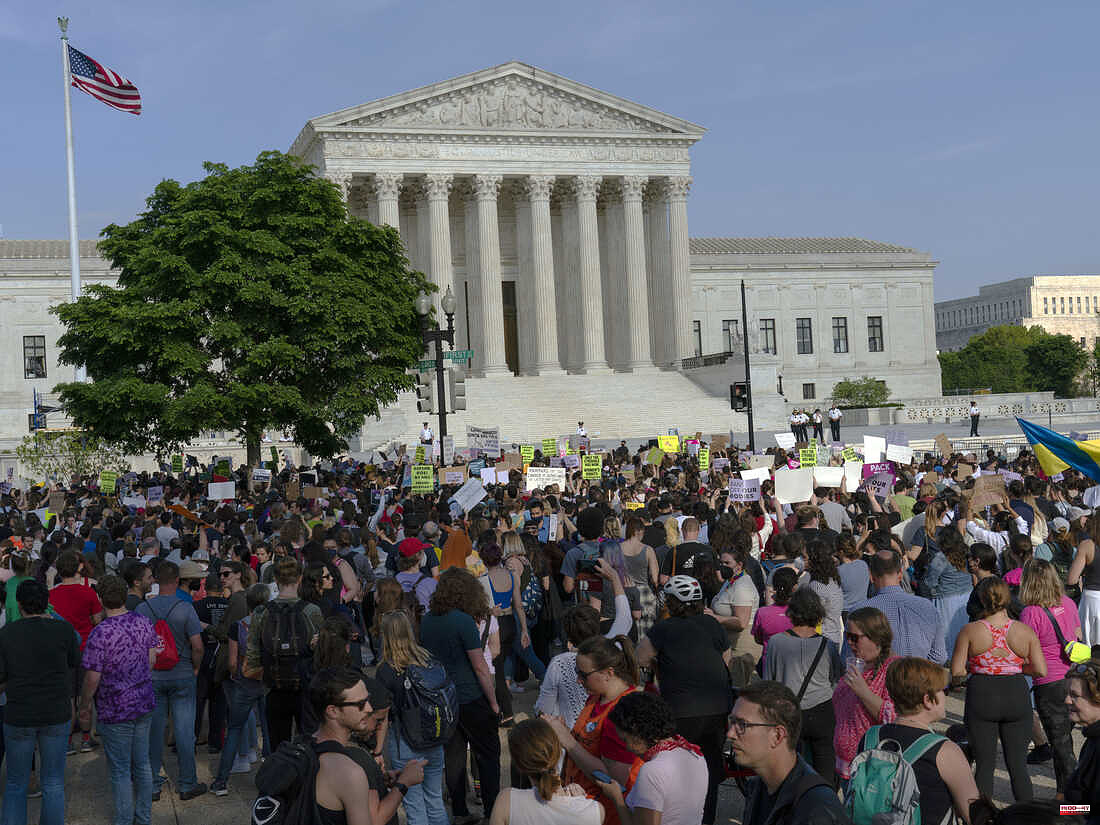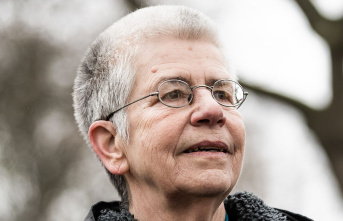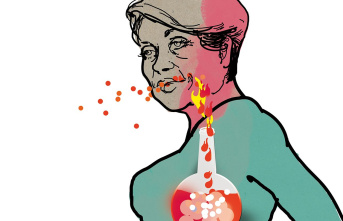According to Gallup, the percentage of Americans who consider themselves to be pro-choice has increased to 55% in the last year, which is its highest level since decades.
In a summary of survey results, Lydia Saad (the polling firm's director, U.S social research), stated that this increase was mainly driven by Democrats. The shift was attributed to the recent Supreme Court draft opinion, which suggested a possible end of Roe v. Wade.
Gallup conducted telephone surveys of more than 1000 Americans over three weeks, beginning May 2, aEUR" which was the day Politico published a draft opinion suggesting the Supreme Court might soon overturn Roe V. Wade. This decision would allow many states to ban or restrict abortions in a dramatic way.
Gallup's most recent poll, which measured 56% of Americans as pro-choice, found that the poll was the highest Gallup poll to measure this belief since 1995. This number fluctuated between 45% to 50% over the past decade, before rising six points in the most recent survey.
Saad stated that the Supreme Court could overturn the case which established women's rights to abortion and that this has clearly encouraged a segment of Americans to identify with the pro-choice side of abortion and express more support for legalization.
The number of Democrats who are pro-choice identified rose from 70% to 88% over the past year. Gallup reported that there was no significant difference in the pro-choice identification of Republicans, Independents, Men, or Older Americans.
Gallup asked the same question in 2001 and found that 52% Americans considered abortion acceptable. This is the first time that majority of Americans have expressed this view. It is morally wrong for 38% of Americans, a record low.
Here are some other noteworthy findings from the survey:
NPR aEUR", like many U.S. news outlets, avoids the terms pro-choice and pro-life except where they are part the name of a group. (The Public Editor's office explained the policy in a 2019 column).
Gallup asked respondents if they consider themselves pro-choice and pro-life. It then summarized the findings by stating that these were the terms most commonly used in national discussions.
It acknowledged, however, that Americans can interpret the terms differently depending on major events aEUR", and this could explain the recent rise in pro-choice identification.
Gallup stated that pro-life could be more closely associated with being against Roe V. Wade in the wake of Dobbs. Gallup stated that this could have prompted some ex-pro-life identifiers, who felt ambivalent about abortion but favored Roe v. Wade, to join the pro-choice group.
These findings are consistent with wider public opinion polling on Americans' views about Roe and abortion.
A poll by NPR/PBS NewsHour/Marist, released in May, showed that 64% of Americans oppose the overturning Roe (compared with 58% according to Gallup).
NPR's survey also found that Democrats were being galvanized by the leak of the draft opinion. The draft opinion's contents made two-thirds of Democrats more likely to vote in November midterm elections than the 40% of Republicans, who are expected to regain control of both the House and the Senate.












